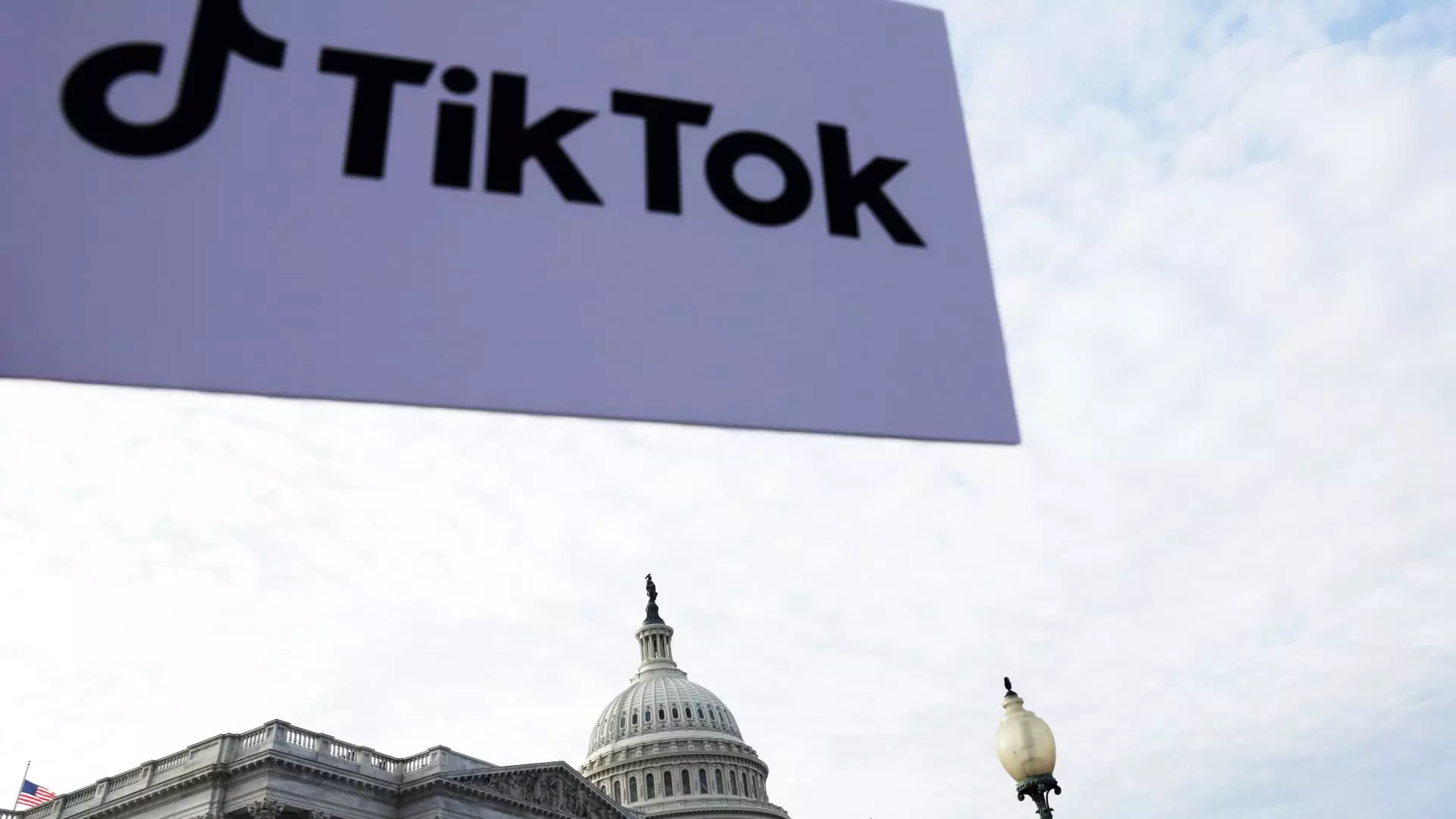The uncertainty surrounding TikTok in the United States has escalated significantly in the wake of recent legislative actions. House Committee members are now pressuring key figures at Apple and Google to prepare for possible repercussions related to the popular social media platform. As discussions amplify regarding national security and foreign technology influences, the landscape of app offerings in the country may face drastic changes.
Legal Pressures and Corporate Responsibilities
Recently, Reps. John Moolenaar and Raja Krishnamoorthi from the Select Committee on the Chinese Communist Party reached out to Tim Cook and Sundar Pichai. Their communications serve as a stern reminder of compliance responsibilities in light of a critical court ruling. The U.S. Court of Appeals upheld a law mandating that ByteDance, the parent company of TikTok, divest its U.S. operations by mid-January. Should this divestiture not occur, both Apple and Google would legally need to remove TikTok from their app stores, enforcing a potential ban.
This situation places immense pressure on app store operators, emphasizing their pivotal role within the digital ecosystem. Lawmakers highlighted their obligations under the law, which prohibits U.S. distribution or updates of applications controlled by foreign adversaries. Hence, the fate of TikTok hangs on the responses of these tech giants. The possible ramifications extend beyond the app itself; they pertain to a broader discourse on how tech companies interact with foreign-owned applications that might jeopardize U.S. national security.
The timeline set by Congress is particularly telling; 233 days have passed since the enactment of the TikTok law in April, wherein the government has signaled a definitive pathway for compliance. The legislators stress that TikTok has not taken adequate steps toward meeting the legal requirements—a sentiment underlined by their expectations for ByteDance to divest its assets effectively.
TikTok’s response to these pressures has included legal maneuvers, challenging the constitutionality of the recent rulings. The company emphasizes its commitment to its vast user base—170 million Americans—arguing that the ban could infringe on their First Amendment rights. However, the Court’s decision dismissed these claims, asserting the law’s focus on national security concerns.
Potential Economic Fallout
The economic implications of a TikTok ban are staggering, with the platform warning losses of approximately $1.3 billion for U.S. small businesses and creators in just a month of inactivity. This financial fallout highlights the significant role TikTok plays in the economic ecosystem, providing a pivotal revenue stream for countless entrepreneurs and content creators. The potential ban, therefore, transcends legal debate and enters the realm of economic stability for many individuals dependent on the platform for their livelihoods.
Interestingly, the narrative is further complicated by political dynamics. The incoming administration under President-elect Donald Trump exhibits a varied stance compared to previous approaches towards TikTok. In his past tenure, Trump sought to enforce measures against the platform; however, recent connections to influential investors, such as Jeff Yass of Susquehanna International Group, have complicated the discourse. With significant investments in ByteDance, Yass’s influence may sway the newly-elected administration’s strategy concerning TikTok—a clear example of how economic interests can intersect with regulatory measures in the tech sector.
Looking Ahead: What Comes Next?
As the deadline for compliance approaches, the actions of ByteDance, TikTok, and U.S. lawmakers will be under vigilant scrutiny. The possibility of a full-scale ban looms large, with implications that reach into numerous domains—from individual rights and economic repercussions to broader discussions regarding national security. This scenario serves as a microcosm of the contemporary tensions between technology, governance, and global trade, making it a critical story to watch in the upcoming months.
The future of TikTok and its U.S. operations stands at a precarious junction. The intertwined fates of national policy, corporate responsibility, and economic impact underscore the intricate nature of modern social media’s role in society. As we move closer to the January deadline, the collective actions of stakeholders will shape the narrative and impact millions nationwide. The outcome remains uncertain, but it is destined to recast the conversation around foreign-owned technology platforms in the U.S.

